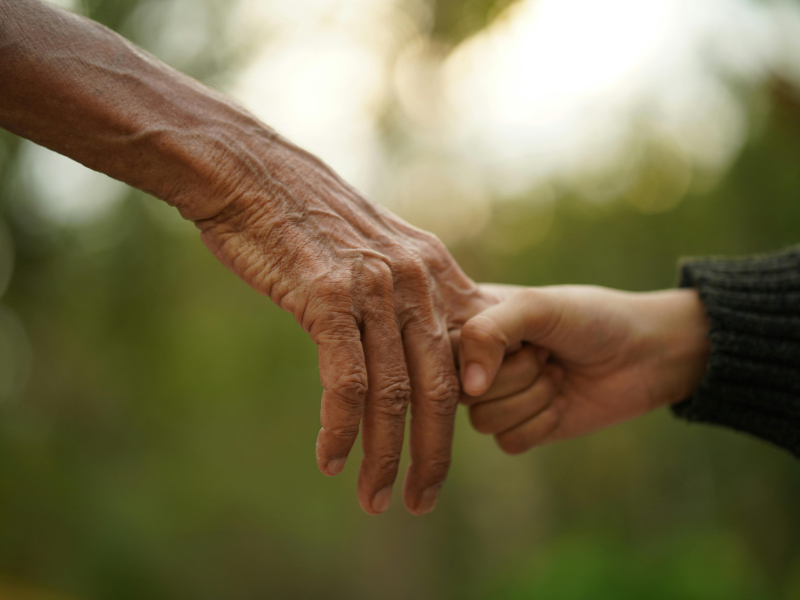
Public health plays a critical role in improving the health and well-being of communities. For South Asian populations, public health efforts are not only a matter of disease prevention—they are essential for addressing health disparities shaped by cultural stigma, systemic barriers, and underrepresentation in research and care models. As one of the fastest-growing ethnic groups in countries like the United States, Canada, and the UK, South Asians face unique health risks that often go unrecognized or unaddressed by mainstream public health systems.
South Asians are disproportionately affected by chronic conditions such as heart disease, diabetes, and certain cancers. Research shows that South Asians have a higher risk of coronary artery disease at lower body weights and younger ages compared to other ethnic groups.¹ This elevated risk is due in part to genetic factors, but also to dietary patterns, physical inactivity, and limited culturally appropriate prevention strategies.
In fact, South Asians in the U.S. are more likely to develop Type 2 diabetes compared to white populations, even when adjusting for BMI and lifestyle.² These disparities are compounded by a lack of culturally tailored public health campaigns, limited representation in clinical trials, and language barriers in health communication.
Despite the evident need, many public health systems fail to meaningfully incorporate the voices and needs of South Asian communities. Health education materials often ignore cultural values or fail to translate into relevant community contexts. For example, conversations around diet and nutrition seldom reflect traditional South Asian foods, making it difficult for individuals to make sustainable changes. Moreover, topics like mental health, reproductive health, and menopause remain taboo in many South Asian households, and are rarely addressed through community-led public health education.³
This gap reinforces stigma and prevents people from seeking help until conditions become severe. Public health interventions must move beyond a one-size-fits-all approach and instead develop culturally compassionate initiatives that respect the lived realities of South Asian individuals.
The public health challenges facing South Asians also stem from structural inequities. Many South Asian immigrants navigate complex healthcare systems while facing racism, visa-related stress, and job insecurity. These social determinants directly impact access to care, health outcomes, and trust in health institutions.⁴
Language accessibility remains a barrier. A significant number of South Asian individuals speak a primary language other than English at home, yet public health materials are rarely translated into South Asian languages such as Hindi, Urdu, Bengali, Tamil, or Punjabi.⁵ This restricts access to preventative care and accurate health information, especially for older adults and recent immigrants.
One of the most urgent public health needs for South Asians is accurate, disaggregated data. Many studies group South Asians under the broader "Asian" umbrella, which obscures disparities specific to this population. Disaggregated data is critical to tailoring health interventions, informing policy, and holding systems accountable.⁶
Additionally, there is a lack of South Asian representation in public health leadership, research, and decision-making roles. Increasing visibility and leadership from within the community is vital to shaping responsive, empathetic, and effective health systems.
To truly support South Asian communities, public health systems must invest in culturally compassionate care models that integrate traditional practices, promote health literacy, and acknowledge the impact of intergenerational trauma and migration. This includes:
· Developing multilingual, culturally relevant health campaigns
· Addressing mental health and reproductive health stigma with community buy-in
· Training public health professionals on cultural humility and intersectionality
· Partnering with South Asian-led organizations to co-create solutions
South Asian health equity is a public health priority. Through education, advocacy, and culturally anchored care, we can work toward a future where all South Asians have the knowledge, access, and support to lead healthy lives.
1. Joshi, P., Islam, S., Pais, P., Reddy, S., Dorairaj, P., Kazmi, K., ... & Yusuf, S. (2007). Risk factors for early myocardial infarction in South Asians compared with individuals in other countries. JAMA, 297(3), 286–294. https://doi.org/10.1001/jama.297.3.286
2. Kanaya, A. M., Adler, N., Moffet, H. H., Liu, J. Y., & Schillinger, D. (2011). Heterogeneity of diabetes outcomes among Asians and Pacific Islanders in the U.S.: The Diabetes Study of Northern California (DISTANCE). Diabetes Care, 34(4), 930–937. https://doi.org/10.2337/dc10-1970
3. Ahmed, S. M., & Lemkau, J. P. (2000). Cultural issues in the primary care of South Asians. Journal of Immigrant Health, 2(2), 89–96. https://doi.org/10.1023/A:1009576928422
4. Williams, D. R., Lawrence, J. A., & Davis, B. A. (2019). Racism and health: Evidence and needed research. Annual Review of Public Health, 40, 105–125. https://doi.org/10.1146/annurev-publhealth-040218-043750
5. U.S. Census Bureau. (2021). Language spoken at home by ability to speak English for the population 5 years and over. Retrieved from https://www.census.gov
6. Yi, S. S., Kwon, S. C., Sacks, R., & Trinh-Shevrin, C. (2016). Persistent health disparities in immigrant communities: Needs for culturally and linguistically appropriate health data and interventions. Ethnicity & Disease, 26(3), 379–385. https://doi.org/10.18865/ed.26.3.379
About the Author:
Nishat Uddin, MPH is a public health strategist and advocate committed to advancing health equity for South Asian communities. With a Master of Public Health and years of experience in community health education, Nishat’s work centers on culturally compassionate care, health communication, and addressing systemic barriers to care. She is the founder of platforms that amplify South Asian health voices, create accessible health resources, and foster meaningful dialogue around topics often stigmatized in the community. Nishat brings a blend of academic insight and community-rooted passion to all of her work.











